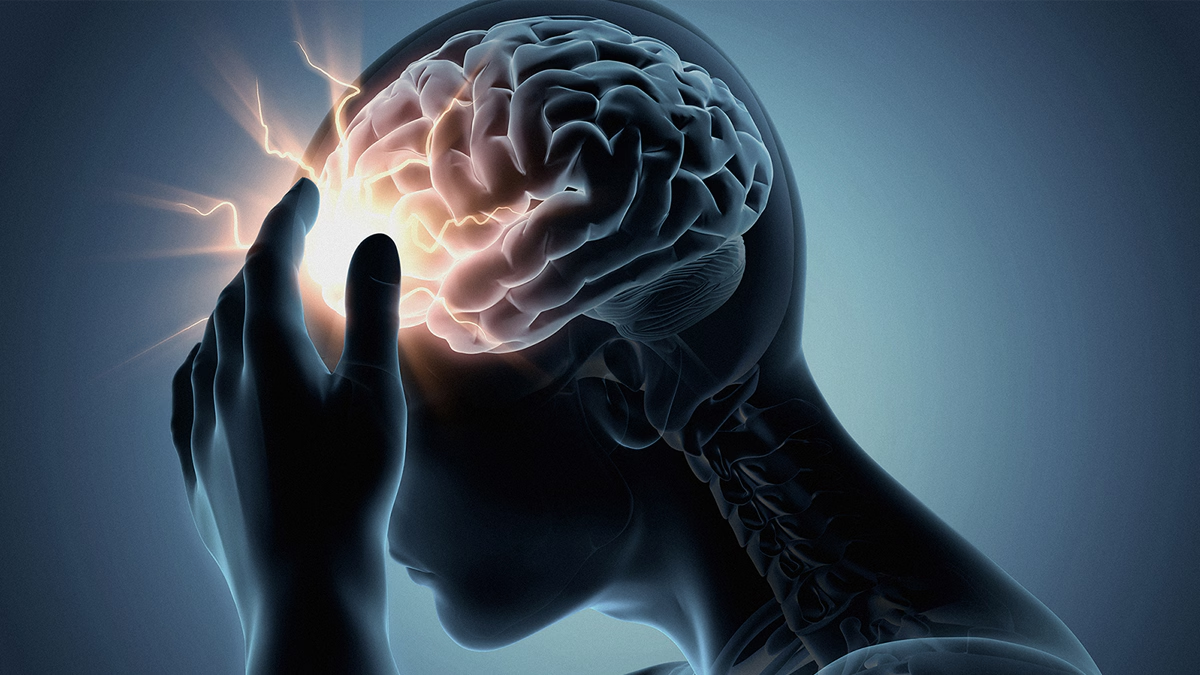Double vision, or diplopia, is a common but often distressing symptom that can occur after a traumatic brain injury (TBI). This condition can make everyday activities like reading, driving, or even walking challenging and disorienting. For many individuals recovering from a TBI, managing double vision is an essential part of their rehabilitation process, as it can significantly impact their quality of life and ability to function independently.
Understanding the causes of double vision following a TBI, the available treatment options, and effective coping strategies is crucial for patients, families, and healthcare providers. By addressing this complex issue with a comprehensive approach, individuals can work towards improving their vision and overall well-being during the recovery journey.
Causes of Double Vision After a TBI
Double vision, or diplopia, following a traumatic brain injury (TBI), can stem from several factors related to the disruption of normal eye coordination and visual processing. Here are the primary causes:
- Disruption of Eye Coordination: Damage to the brain areas responsible for coordinating eye movements can lead to misalignment of the eyes, causing them to point in slightly different directions and resulting in double vision.
- Cranial Nerve Damage: The cranial nerves that control the eye muscles can be injured during a TBI, impairing the muscles’ ability to move the eyes in unison and leading to diplopia.
- Injury to Visual Pathways: Trauma can affect the visual pathways in the brain, disrupting the processing of visual information and causing the perception of double images.
- Physical Injuries to the Eye Socket: Physical trauma to the eye socket, such as fractures or bruising, can impact the muscles and tissues around the eyes, contributing to misalignment and double vision.
- Muscle Damage Around the Eyes: Injury to the muscles surrounding the eyes during the traumatic event can further hinder proper eye movement and coordination, exacerbating the condition.
Diagnosing Double Vision in TBI Patients
Diagnosing double vision in individuals who have suffered a TBI involves a comprehensive eye examination by an ophthalmologist or neuro-ophthalmologist. The evaluation includes tests to assess eye alignment, movement, and visual acuity. Additional imaging studies, such as MRI or CT scans, may be necessary to identify any structural damage to the brain or eye muscles contributing to the condition.
A thorough assessment is crucial for determining the underlying cause of the double vision and guiding the appropriate treatment plan. Early diagnosis and intervention can help prevent further complications and improve the chances of a successful recovery.
Treatment Options for Double Vision
Treatment for double vision after a TBI depends on the severity and underlying cause of the condition. In many cases, the symptoms may improve over time as the brain heals. However, for persistent or severe cases, various interventions may be necessary. These can include prism glasses, which help align the images seen by each eye, or patching one eye to eliminate the double image.
For some patients, vision therapy or rehabilitation exercises designed to improve eye coordination and strengthen the eye muscles can be beneficial. In cases where these conservative treatments do not provide relief, surgical intervention may be considered to correct the alignment of the eyes.
The Role of Vision Therapy in Recovery
Vision therapy plays a significant role in managing double vision for many TBI patients. This specialized form of rehabilitation focuses on improving the function of the visual system through a series of exercises and activities designed to enhance eye coordination, focus, and movement. A vision therapist works with patients to develop a customized program that addresses their specific needs and challenges.
The goal of vision therapy is to help patients regain better control over their eye movements and reduce the symptoms of double vision. Consistency and commitment to the therapy program are essential for achieving the best possible outcomes, and many patients find significant improvement with regular practice and guidance.
Coping Strategies for Daily Life
Living with double vision can be challenging, but there are several strategies that individuals can use to cope with the condition in their daily lives. Using large-print books or audiobooks, adjusting screen settings to reduce eye strain, and taking frequent breaks when reading or using electronic devices can help manage the visual discomfort associated with double vision.
Making environmental modifications such as improving lighting, reducing glare, and avoiding activities that require precise depth perception can help reduce the risk of accidents and improve safety. Being proactive about managing the condition and seeking support from healthcare professionals can make a significant difference in coping with the challenges of double vision.
Emotional and Psychological Impact of Double Vision
Double vision can have a significant emotional and psychological impact, especially when it interferes with daily activities and independence. Many individuals experience frustration, anxiety, and a sense of isolation as they struggle to adapt to their new visual limitations. These feelings can be compounded by other TBI-related symptoms, making the recovery process even more challenging.
Support from mental health professionals, family, and friends is crucial in helping individuals cope with the emotional toll of double vision. Counseling, support groups, and stress-management techniques can provide valuable tools for navigating the psychological challenges associated with this condition.
The Importance of Early Intervention and Rehabilitation
Early intervention is key to managing double vision effectively and improving outcomes for individuals with a TBI. Prompt diagnosis and a comprehensive treatment plan that includes medical management, vision therapy, and psychological support can help prevent further complications and facilitate recovery.
Rehabilitation should be viewed as a holistic process that addresses not only the visual symptoms but also the cognitive, physical, and emotional aspects of the injury. By adopting a proactive approach to treatment and rehabilitation, individuals can maximize their potential for recovery and improve their overall quality of life.
Legal Support for TBI-Related Vision Issues
For individuals experiencing double vision or other vision impairments as a result of a traumatic brain injury, seeking legal assistance can be an important step in securing the resources needed for recovery. Vision issues can lead to significant medical expenses, lost wages, and a reduced quality of life. An experienced Atlanta brain injury attorney can help navigate the complex legal process, ensuring that victims receive the compensation they deserve for their injuries.
Legal support can provide access to specialized medical care, rehabilitation services, and financial compensation for the impact of the injury. Beyond healthcare, legal representation can also help secure financial compensation for the impact of the injury, including medical expenses, lost wages, and pain and suffering. This support can alleviate some of the burdens during a challenging time, allowing you to focus on healing while your lawyer works to protect your rights and pursue a fair settlement or judgment. By working with a knowledgeable Fort Bend Personal Injury Lawyer, or elsewhere, individuals can focus on their recovery while having an advocate to fight for their rights and secure the best possible outcome for their case.
Seeking Professional Support for Recovery
For those experiencing double vision after a TBI, seeking professional support from reliable facilities like the Visual Processing Institute or a team of healthcare providers is often essential. Neurologists, ophthalmologists, vision therapists, and mental health professionals can work together to create a personalized treatment plan that addresses the unique needs of each patient. This multidisciplinary approach ensures that all aspects of the condition are managed effectively.
In addition to medical support, connecting with support groups and organizations that specialize in brain injury and vision disorders can provide valuable resources and a sense of community. With the right support and resources, individuals can navigate the challenges of double vision and work towards a successful recovery.
Explore beyond the headlines at Alevemente—there’s always more to uncover.




